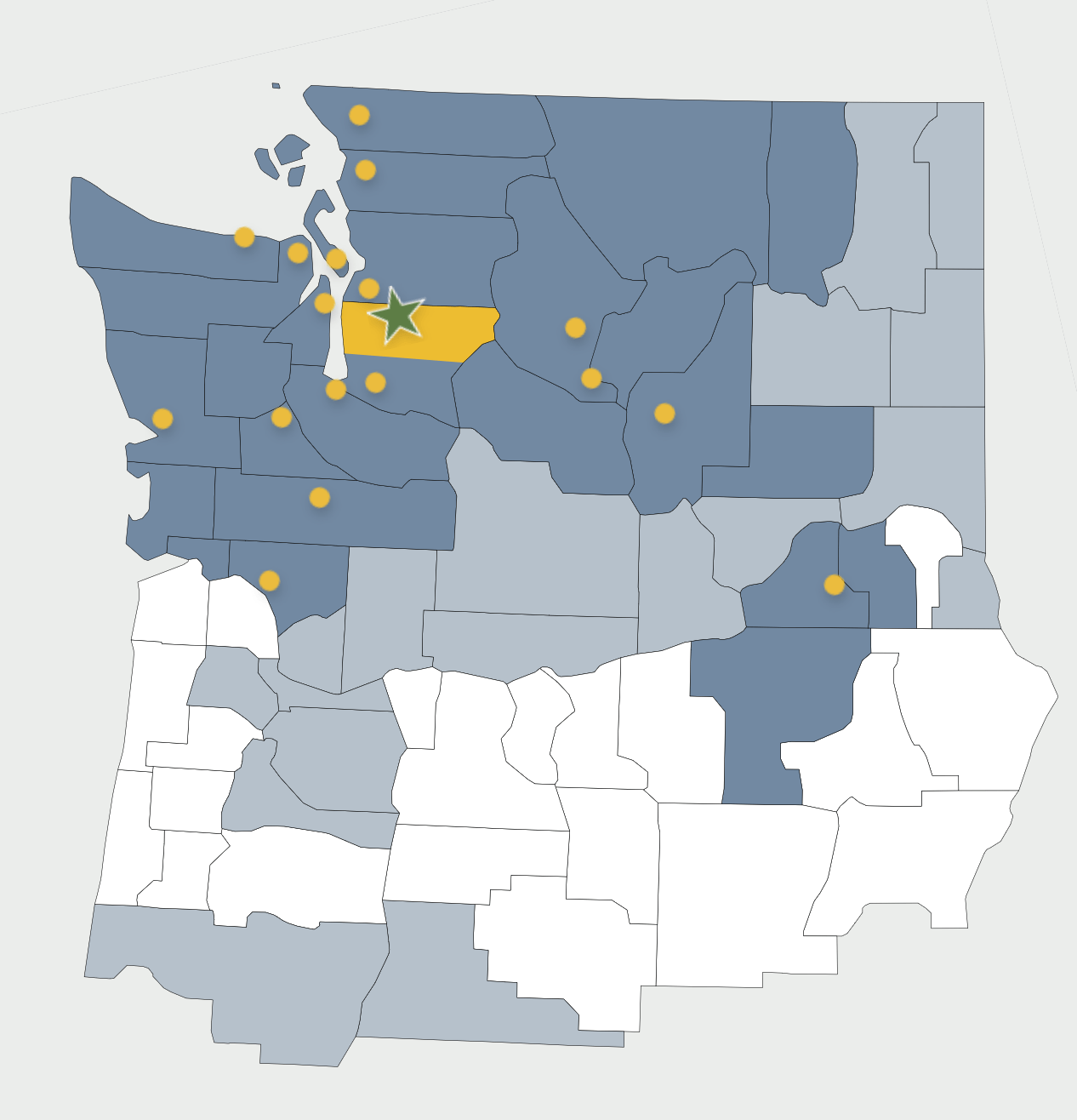 Research Comparable homes
Research Comparable homes
Everyone involved in buying and selling a home has an agenda. Let’s say a home is for sale in Bellevue for $700,000. The seller is hoping to get the highest possible price. The buyer is hoping to get the lowest possible price. The Real Estate agents are depending on the commission from the sale. The Bank wants the most conservative valuation of the home to protect their investment. The Appraiser is expected to be the one neutral party, with no personal interest in the property, who can provide the most accurate, unbiased evaluation.
To become a Certified Residential Real Estate Appraiser in the State of Washington requires a bachelor’s degree, 2,500 hours of fieldwork over a minimum of two years, an additional 120 hours of targeted courses, and approved training directly under a Certified Supervisory Appraiser.
You would think, after all, that, Appraisers would be very good at their job. And yet, somewhere in the neighborhood of 40% to 50% of Appraisers in the field today do mediocre to poor quality work. Why? The simple answer is that you cannot train people to be creative, and for the most part, Real Estate valuation is a creative process.
Numbers and formulas
People can be taught numbers and formulas and methods all day long in the classroom, but in the real world, people often choose a particular home, at a particular price, based purely on emotion. “We bought this house because my wife loved the kitchen,” or “the minute we drove up the driveway we knew this was the place we wanted to live,” or “I bought this home to be close to my ex-wife and kids,” or “we bought the house because we really wanted to be in the Bellevue school district.”
Sometimes, whatever is available, at whatever price is within reason, is acceptable to a particular buyer. I recently observed two homes in a Kirkland neighborhood, nearly identical in age, style, quality, and condition, located within one block of each other; one sold for $535,000 and the other for $515,000. I could not find any substantive difference in either the home or an adequate reason for the price difference. So which one would best reflect the true value of a similar home?
That is the kind of answer Appraisers have to determine on an everyday basis. Of course, you have to look for other similar comparable properties in Kirkland as well, but often they too vary in the price, condition, and other aspects of the appeal. This makes it difficult to determine, with certainty, what the value of a similar Kirkland home might be, located even two or three blocks away.
If you are interested in determining the value of a home, perhaps in Kirkland or Bellevue or another eastside neighborhood, here is a good question to ask yourself, “What is, or are, the most compelling characteristics of this property?” or, ”As a buyer, what would most attract me to this property?” Once you have answered those questions, you will have some idea of how to research the best comparable properties.



